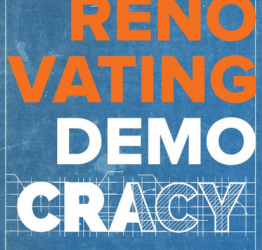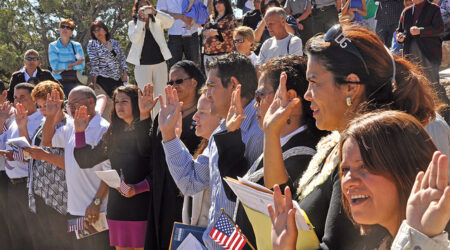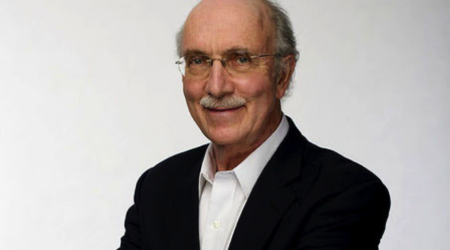Sexual violence occurs in our communities, and the last year has begun to demonstrate just how often. But what next? How do we move forward after an incident of sexual violence or harassment involving members of our community? Acknowledging the impact of an incident on not only the survivor but the community as a whole is essential to preventing retraumatization and future harmful behavior. How can communities address the traumatization of the survivor and those around them? What does a trauma-informed community look like?
Recorded on May 13, 2019, this video features a panel discussion featuring representatives from different resource centers on the UC Berkeley campus. The panel was presented as part of a Matrix Research Team entitled “Community Conversations on Sexual Violence and Harassment: Narratives of Activism, Inclusion, Confidentiality, Accountability, and Healing,” led by the Special Faculty Advisor to the Chancellor on Sexual Violence/Sexual Harassment.
The panel was moderated by Rudolfo Mendoza-Denton, Richard and Rhoda Goldman Distinguished Professor of Psychology, UC Berkeley. Panelists included Kendra Fox-Davis, Complaint Resolution Officer, Office for the Prevention of Harassment and Discrimination, UC Berkeley; Tobirus Newby, Licensed Clinical Social Worker, UHS Social Services, UC Berkeley; Julie Shackford-Bradley, Coordinator and co-founder, Restorative Justice Center, UC Berkeley; and Liat Wexler, Prevention Manager for Staff and Faculty, PATH to Care Center, UC Berkeley.


